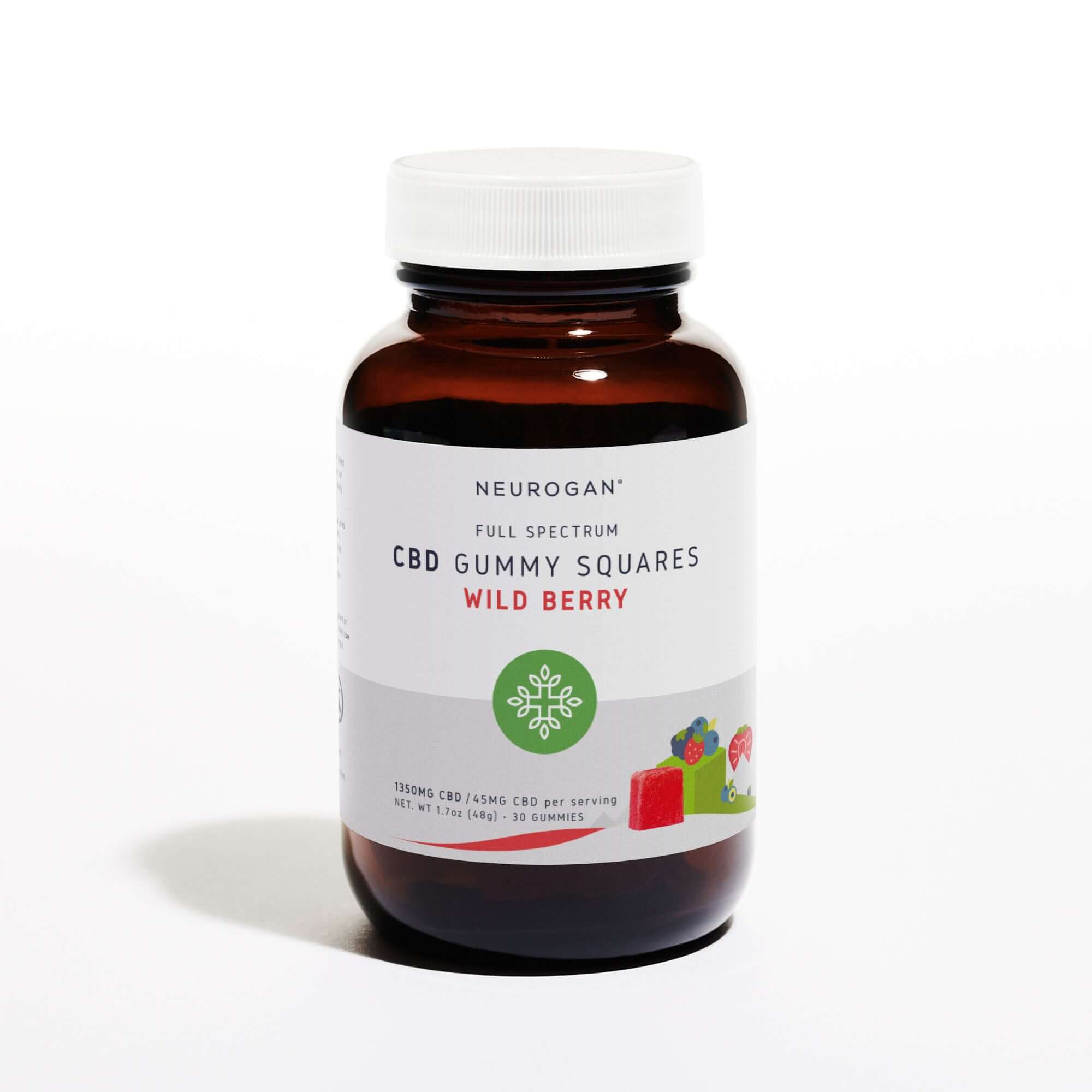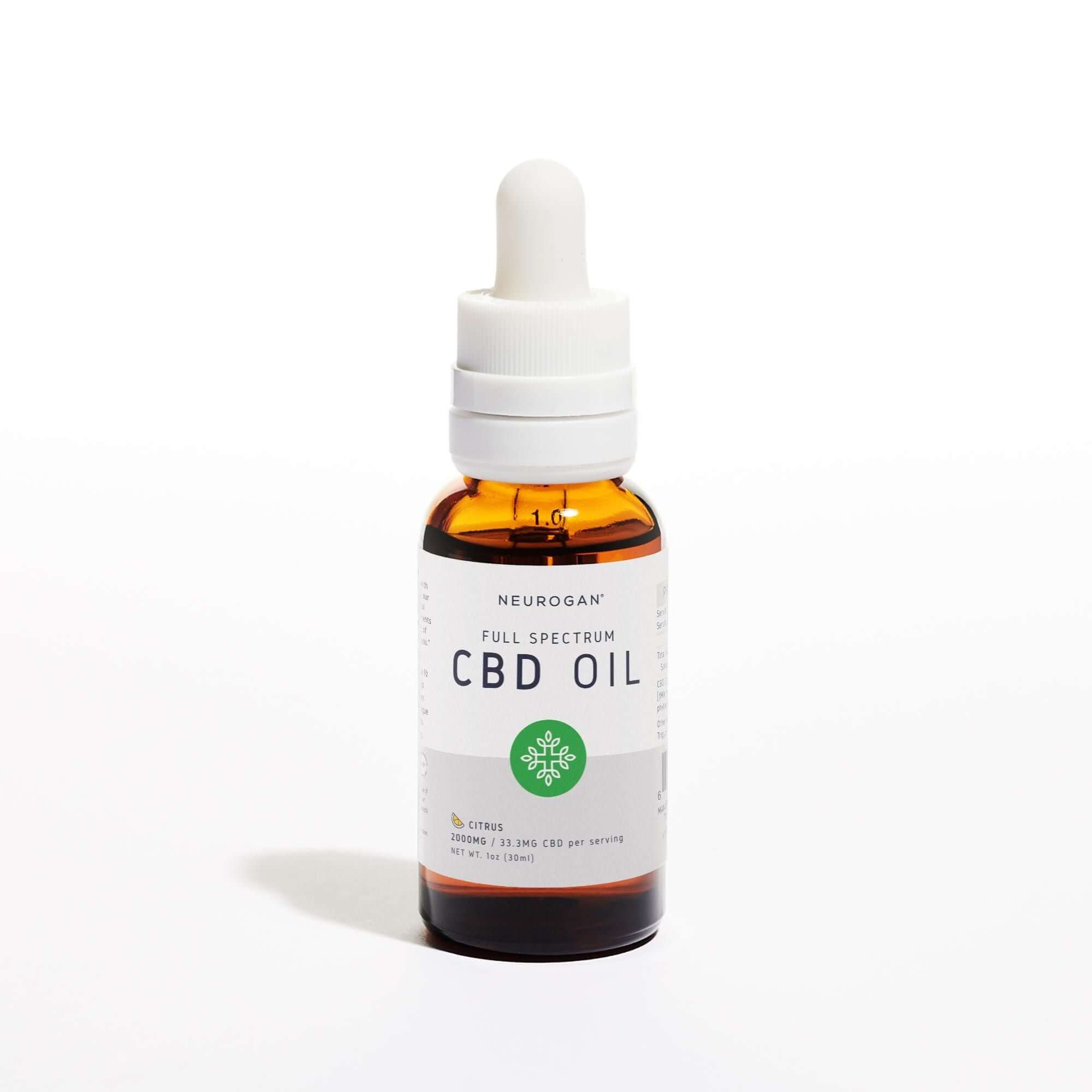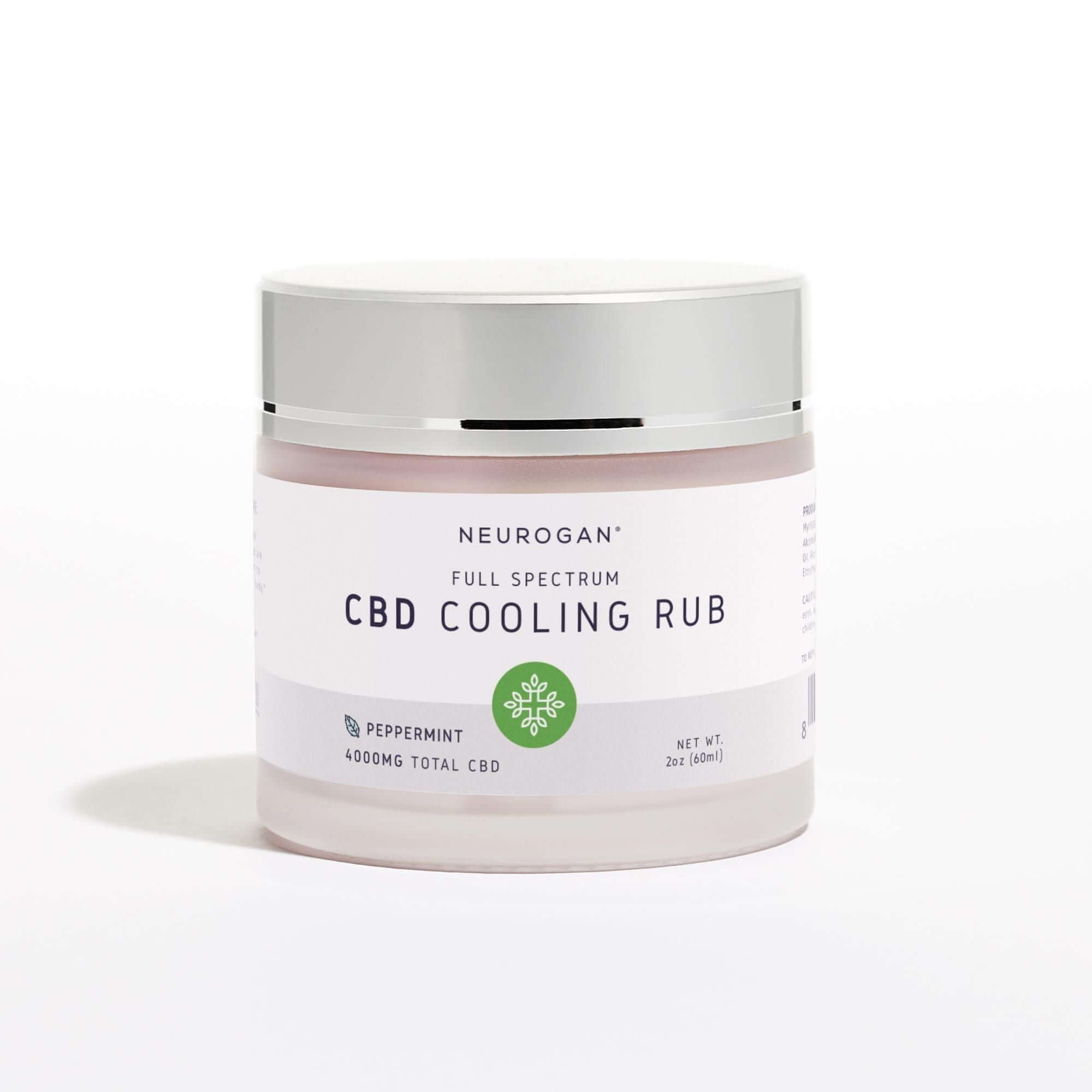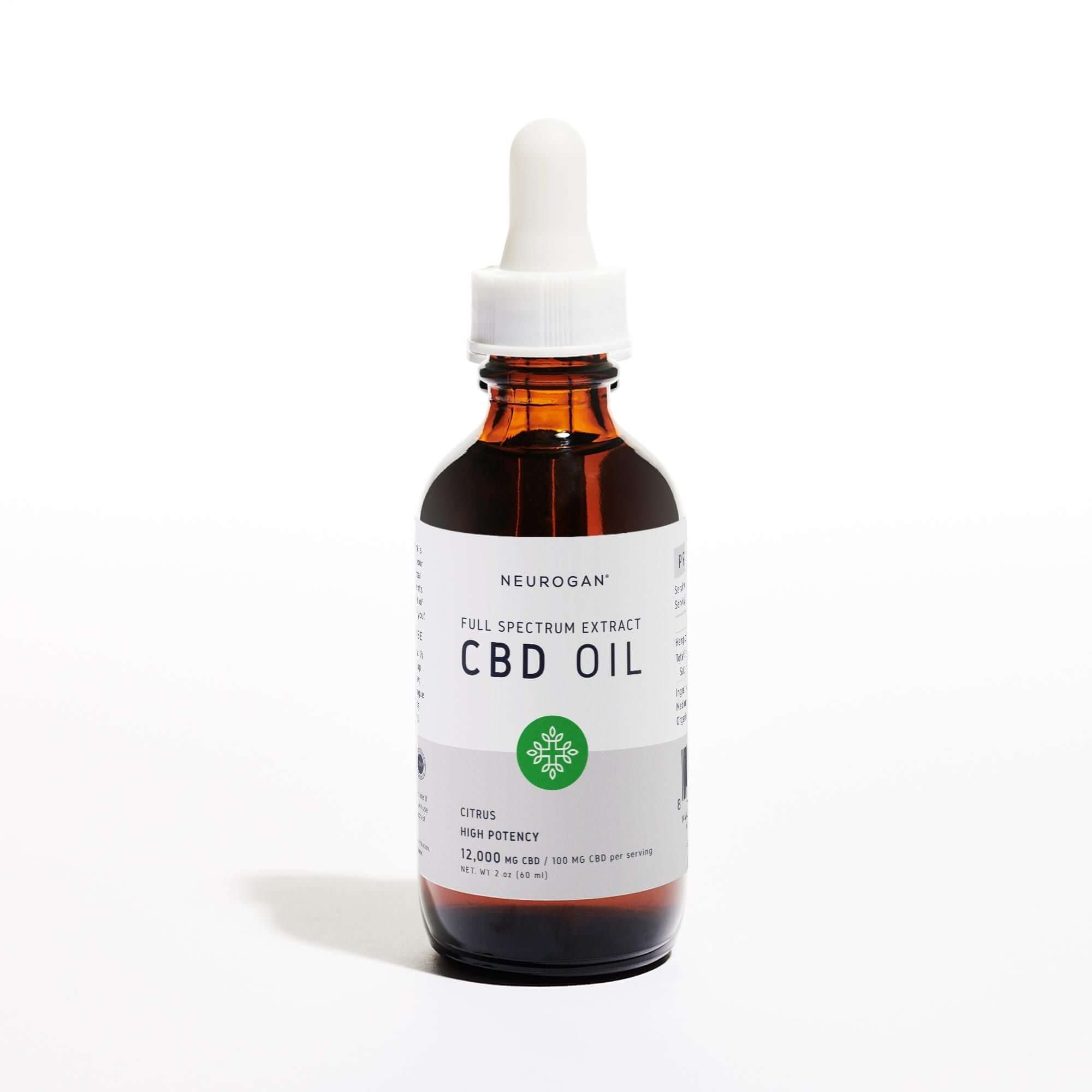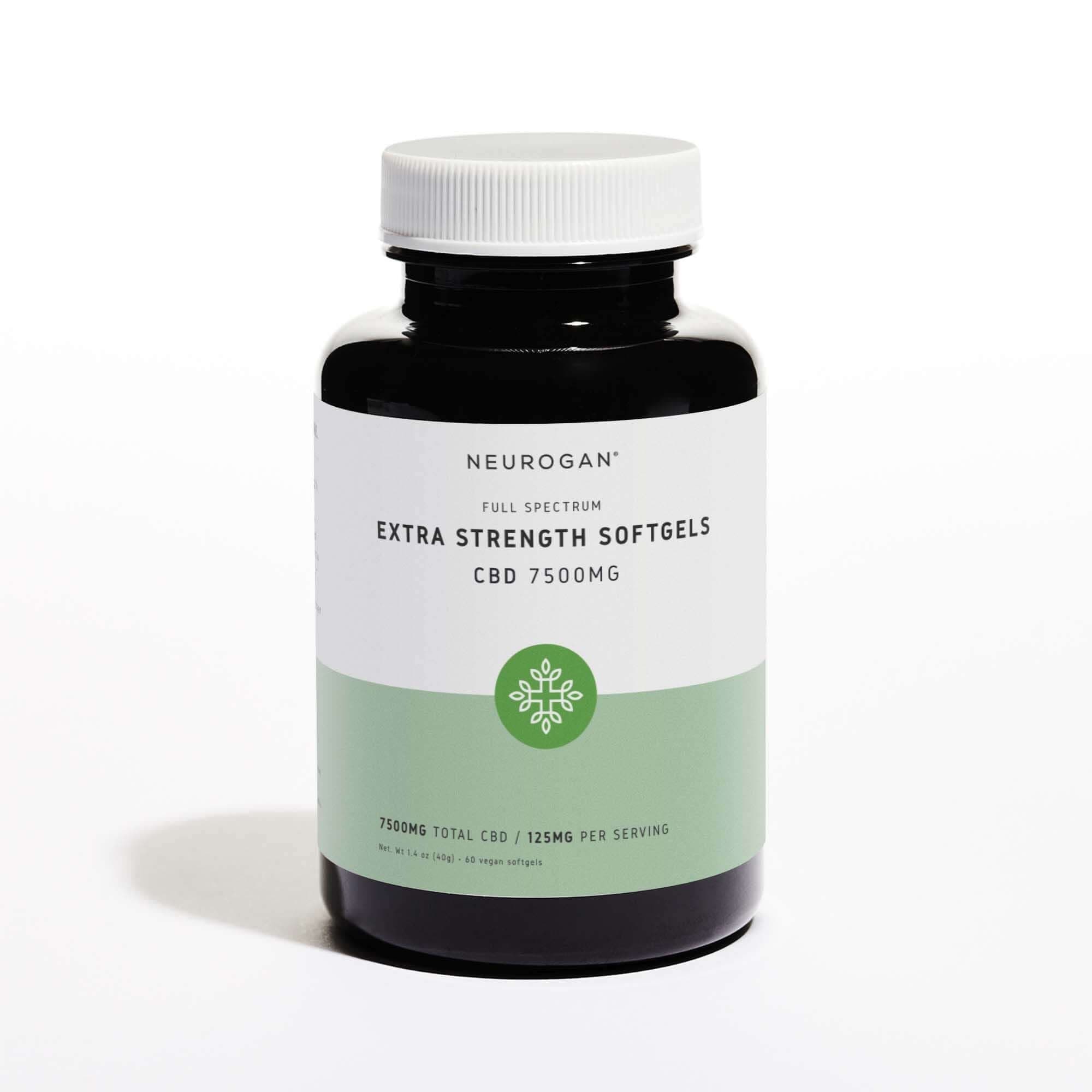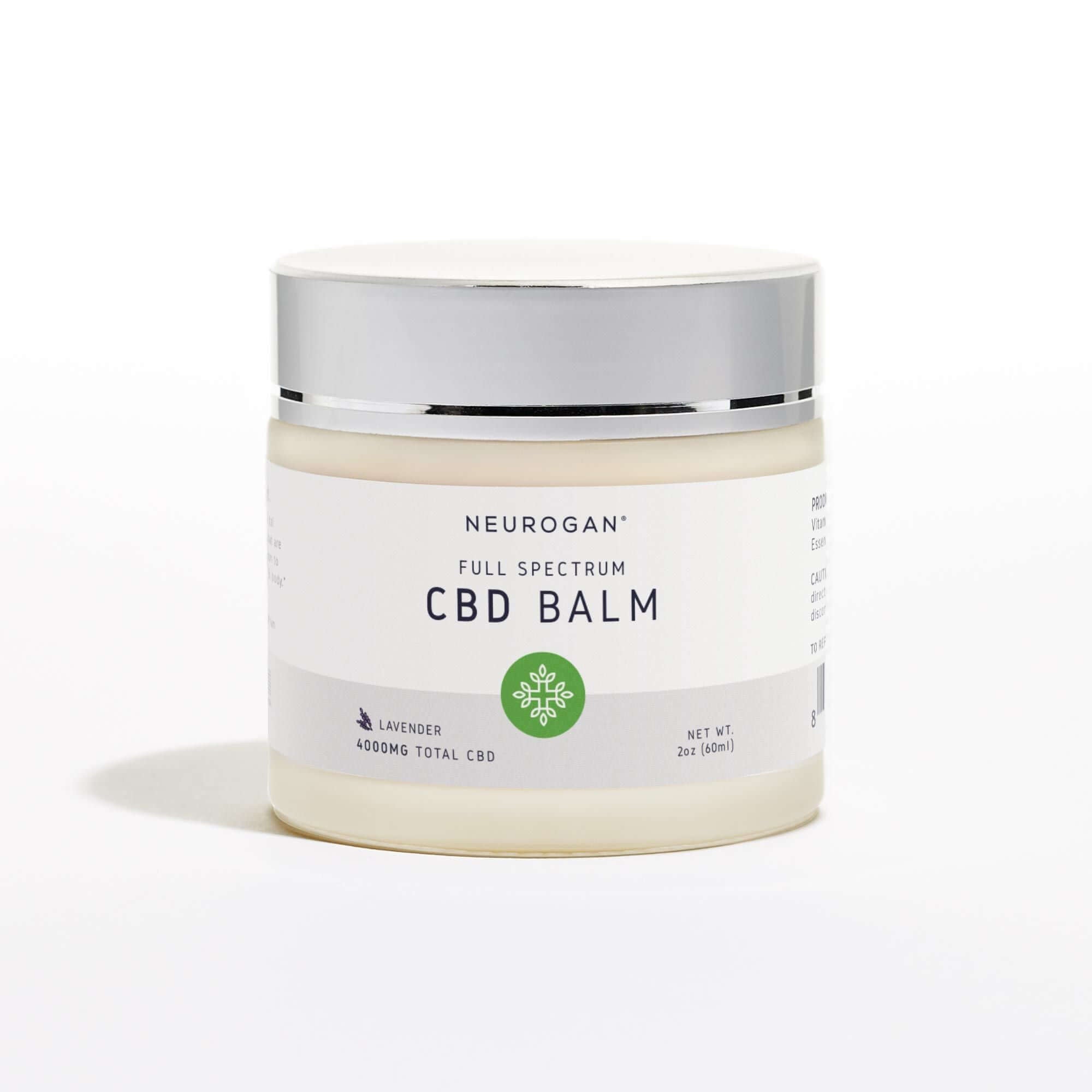HHC or hexahydrocannabinol is a rare, naturally occurring compound, but most of what's on the market is derived from the hydrogenation of the THC molecule, making it a semi-synthetic cannabinoid.
Hydrogenation essentially "saturates" the molecule in hydrogen, typically changing its physicochemical properties and interactions within the body.
If you find yourself on the hemp market at cannabinoids that offer psychoactive effects, you may have encountered HHC and wonder if it's worth trying out. In this article, we'll explore the similarities and differences between delta-9 vs. HHC to help you decide on the best cannabis products suited for your experience.
What are The Benefits of HHC and Delta-9?
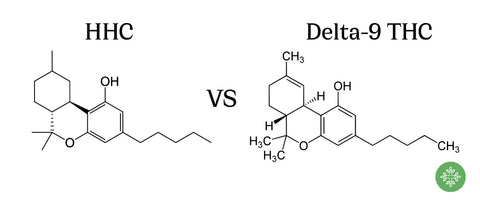
HHC and delta-9 THC, though distinct in their chemical structure and synthesis, exhibit overlapping potential benefits due to their similarities in their molecular makeup. Let's have a closer look at these similarities.
Psychoactive Effects
Both delta 9 THC and HHC bind to the endocannabinoid system's CB1 receptors concentrated in the central nervous system, which results in changes in perception, mood, and cognitive functions, or what most people understand as a "high."
For many people, psychoactive substances do more than just a "trip." They offer different experiences that help the mind and social interactions, from enhanced creative thinking and introspection for personal growth to stress relief as a social lubricant.
Mood Alterations
Studies that have looked at psychoactive cannabinoids found that they have the potential to modulate neurotransmitter release, which may impact mood [1]. It's theorized that cannabinoids interacting with CB1 receptors potentially influence the release of serotonin and dopamine, neurotransmitters linked with mood regulation.
An enhanced mood can play a pivotal role in overall wellness, leading to a cascade of beneficial effects on the body and mind, from increased energy levels and improved sleep quality to strengthened immune system responsiveness. On a psychological front, positive mood shifts can enhance self-esteem, bolster resilience against stress, and promote a more optimistic outlook on life.
What are The Unique Benefits of HHC?
There's less research on HHC than delta-9, making its overall effects less predictable. But we'll share what we know about the HHC molecule and its potential pros.
Longer Shelf Life
HHC tends to have a longer shelf life than other cannabinoids, which can be attributed to the process of hydrogenation.
In very rare cannabis strains and growing conditions, HHC can occur naturally, but for mass production methods, HHC products are made in labs in a similar process of creating margarine from vegetable oils by saturating the molecules with hydrogen atoms in high pressure with a catalyst like nickel.
This process breaks THC's double carbon bond, replacing it with hydrogen, effectively becoming a new chemical compound, HHC. Hydrogenation makes HHC more stable and less prone to breaking down when exposed to light, air, or heat.
Because HHC has fewer sites that can react or degrade over time, it possesses a longer shelf life than many of its unsaturated cannabinoid counterparts.
Extended Duration of Effects
Many users have described a prolonged high from using HHC compared to other psychoactive cannabinoids. While this longer-lasting experience is intriguing, it's essential to approach these claims with a bit of scientific skepticism.
So far, these extended effects have not been studied in clinical settings. That means while multiple personal accounts vouch for HHC's long-lasting impact, there's no scientific data to solidify these claims just yet.
It's also worth noting that the longevity of any cannabinoid's effects, including HHC, can vary considerably from one individual to the next.
Factors influencing this include metabolism, body weight, tolerance levels, and even one's unique endocannabinoid system. The dosage taken, too, plays a critical role — a higher dosage might naturally lead to more extended side effects.
What are The Unique Benefits of Delta 9 THC?
As one of the most abundant cannabinoids in the cannabis plant, delta-9 has been at the forefront of scientific research for years. This means we understand its distinct benefits better, setting THC apart from its lesser-known counterparts.
Pain Alleviation
A popular application of delta-9 THC is for pain management. THC interacts with the endocannabinoid system to modulate pain perception, which may help to dampen pain signals, providing relief to the user, which has been noted in addressing chronic pain and even cancer pain [2].
THC gummies for pain have become a sought-after option for those seeking an accessible and convenient form of pain management.
It's important to note, however, that while preliminary research and anecdotal reports suggest potential benefits of THC for pain, the FDA has not approved THC as a standalone treatment for pain.
Appetite Stimulation
THC is undoubtedly associated with the "munchies" — a noticeable increase in appetite after consumption. Beyond the lighthearted references in popular culture, this appetite-stimulating effect has potential real-world applications, particularly in the realm of healthcare.
One of the significant areas of interest is supporting individuals undergoing chemotherapy treatments. These treatments can sometimes cause a loss of appetite or nausea, making it challenging for patients to maintain proper nutrition. An increase in appetite could potentially help these individuals consume the necessary calories and nutrients to sustain their health during treatment [3].
What's the Difference Between HHC, Delta 9, and Delta 8?

At first glance, HHC, delta-9 THC, and delta-8 THC might seem incredibly similar.
All three are derived from the cannabis plant and share certain chemical and structural features. However, a closer examination reveals distinct differences in their molecular structures and reported effects.
Comparing the Chemical Structures of HHC, Delta-9, and Delta-8:
- HHC (Hydrogenated THC): As the name suggests, HHC is a hydrogenated form of THC. Hydrogenation refers to a process where hydrogen molecules are added to a substance. In the case of HHC, the hydrogenation process results in a more saturated compound, making it more stable and offering a longer shelf life than other cannabinoids.
- Delta-9 THC is the most well-known form of THC and naturally occurs in hemp and cannabis plants in higher concentrations. It's the primary psychoactive compound in cannabis and is responsible for the "high" many associate with marijuana use.
- Delta-8 THC: Delta-8 is an isomer of delta-9 THC. "Isomer" means that while delta-8 and delta-9 share the same chemical formula, their atomic arrangements differ slightly. This slight molecular difference has significant implications for their effects.
Comparing the Reported Effects of HHC, Delta-9, and Delta-8:
- HHC: The effects of HHC and delta-9 THC appear to be quite similar, according to many user accounts. However, a distinguishing feature of HHC is that its effects seem to last longer. This prolonged duration and its unique molecular stability have made HHC a point of interest for many.
- Delta-9 THC: As the primary psychoactive compound in cannabis, delta-9 THC is potent and produces well-known euphoric effects, altered perception, and heightened sensory experiences.
- Delta-8 THC: Generally, delta-8 THC offers milder effects than delta-9. Users often report a more clear-headed and relaxed feeling without the intense euphoria or potential anxiety that can sometimes come with delta-9.
HHC vs. Delta-9: Legal Comparison

HHC lives in a legal grey zone. HHC was once a relatively under-the-radar compound, and its popularity came about as a hemp-derived legal alternative to delta-9 THC from marijuana.
However, as with many clever workarounds in the cannabis industry, HHC has met some controversy.
The crux of the debate lies in its classification as a "semi-synthetic cannabinoid." Some argue that because HHC is produced through a chemical alteration of naturally occurring cannabinoids, it should be categorized as a synthetic cannabinoid.
Synthetic cannabinoids are a group of substances that mimic the effects of natural cannabinoids but are produced through chemical synthesis. They have been the subject of concern due to their unpredictability, potential health risks, and association with harmful substances — namely K2 and spice.
Regulatory agencies and law enforcement have been clamping down on synthetic cannabinoids in many regions due to these associated risks. As a result, HHC, given its debated classification, has entered a legal gray zone. While it might have initially offered a loophole, its current status is being hotly contested.
As always, checking local laws is essential when considering HHC.
A crucial distinction for delta 9 THC is its source.
If derived from hemp (cannabis plants with 0.3% THC or less by dry weight), it is federally legal in the U.S. thanks to the 2018 Farm Bill. But there are still some laws have named specific bans on all THC products, regardless of their source. Marijuana, being richer in THC, remains a Schedule I controlled substance at the federal level, though many states have their own regulations, ranging from total prohibition to full legalization.
Can You Mix HHC and Delta 9?
Certain cannabis strains contain both HHC and delta-9 THC naturally. This presence of both compounds in a single strain is a testament to their compatibility at a botanical level.
When considering products containing both or when discussing mixing them, it's essential to understand their combined impact.
Combining HHC and delta-9 THC can lead to amplified effects, and this heightened experience might not be for everyone. Especially for those new to cannabinoids or sensitive to their effects, the synergy of HHC and delta-9 THC can be potent.
However, it's crucial to note that mixing HHC and delta 9 THC isn't toxic from a safety standpoint. There's no inherent chemical reaction between the two that would be harmful. Still, like with all substances, moderation and understanding individual reactions are key to ensuring a safe and enjoyable experience.
Where Can You Find Delta 9 vs. HHC Products?
The availability of HHC products is more restricted. While it emerged as a hemp-derived alternative to delta 9 THC, its semi-synthetic status and subsequent legal debates have limited its reach.
In states where cannabis laws are more relaxed, you might find HHC products in specialized dispensaries. However, new regulatory crackdowns targeting synthetic and semi-synthetic cannabinoids have made sourcing HHC products more challenging.
Delta 9 THC enjoys a more widespread and established presence in the market. The 2018 Farm Bill ushered in federal legality for hemp-derived products containing 0.3% THC or less.
Consequently, delta 9-THC products, provided they meet this THC threshold, can be found in various outlets ranging from specialty cannabis dispensaries to wellness stores. Depending on the state, you might spot them in local health food stores, vape shops, or online platforms. Always ensure you buy from reputable sources to guarantee product quality and compliance with THC limits.
The Takeaway: Delta 9 vs. HHC
The choice between delta-9 and HHC comes from a mix of science, availability, and legal considerations. Having been a focus of cannabis research for decades, delta 9 THC boasts robust studies, making it a more understood and familiar compound. Its effects, benefits, and potential drawbacks are more thoroughly documented, which can offer consumers a sense of confidence and clarity.
Availability also tips the scale in delta-9's favor.
Its hemp-derived form enjoys federal legality in the U.S., making it accessible in many locations, from dispensaries to wellness shops. This widespread availability makes it easier for consumers to obtain and suggests a level of societal acceptance and integration.
With clear federal guidelines for hemp-derived delta-9 and distinct state regulations for marijuana-derived delta-9, consumers generally have a clearer navigation path.
On the other hand, HHC, while an intriguing and beneficial compound in its own right, currently wades in murkier waters, with its semi-synthetic status bringing forth legal debates and potential restrictions.
That said, individual preferences, needs, and circumstances always play a role, and what works best for one person might not be the ideal choice for another.
FAQs on HHC vs. Delta-9
1. HHC vs. Delta 8 vs. Delta 9?
HHC, delta-8, and delta-9 are all hemp-derived cannabinoids that can also be found in marijuana, with HHC being hydrogenated THC. Delta 8 is a milder isomer of delta-9. Each offers varying effects, with delta-9 being the most potent and studied.
2. HHC-O vs Delta 9?
HHC-O is an oxidized form of HHC, whereas delta-9 is a primary psychoactive cannabinoid. Both influence the endocannabinoid system, but their effects and potencies differ due to their molecular shape. It may also be more difficult to source HHC-O over delta-9 THC products as it's more difficult to extract and produce.
3. What is better between delta-9 THC vs. HHC?
Delta-9 THC has more research backing its effects and benefits and is more widely available. However, individual preferences and needs can influence which is better suited. Given the constant flux of the cannabis industry in the United States, it may be easier to source THC hemp cannabinoids over semi-synthetic cannabinoids like HHC.
4. Which is better between delta-8 vs. 9 vs. 10 vs. HHC?
Delta-9 is the most researched and potent. Delta-8 offers milder effects, while delta-10 and HHC have the most similar properties to delta-9. HHC has a longer shelf-life and is reputed to have longer-lasting effects among the THC cannabinoids on this list. The "better" choice depends on desired effects and individual needs.
Resources:
- Stanciu, C. N., Brunette, M. F., Teja, N., & Budney, A. J. (2021). Evidence for use of cannabinoids in mood disorders, anxiety disorders, and PTSD: a systematic review. Psychiatric Services, 72(4), 429-436.
- Naef, M., Curatolo, M., Petersen-Felix, S., Arendt-Nielsen, L., Zbinden, A., & Brenneisen, R. (2003). The analgesic effect of oral delta-9-tetrahydrocannabinol (THC), morphine, and a THC-morphine combination in healthy subjects under experimental pain conditions. Pain, 105(1-2), 79-88.
- A World Health Organization Demonstration Project. (1994). A phase II study of delta-9-tetrahydrocannabinol for appetite stimulation in cancer-associated anorexia. Journal of palliative care, 10(1), 14-18.









